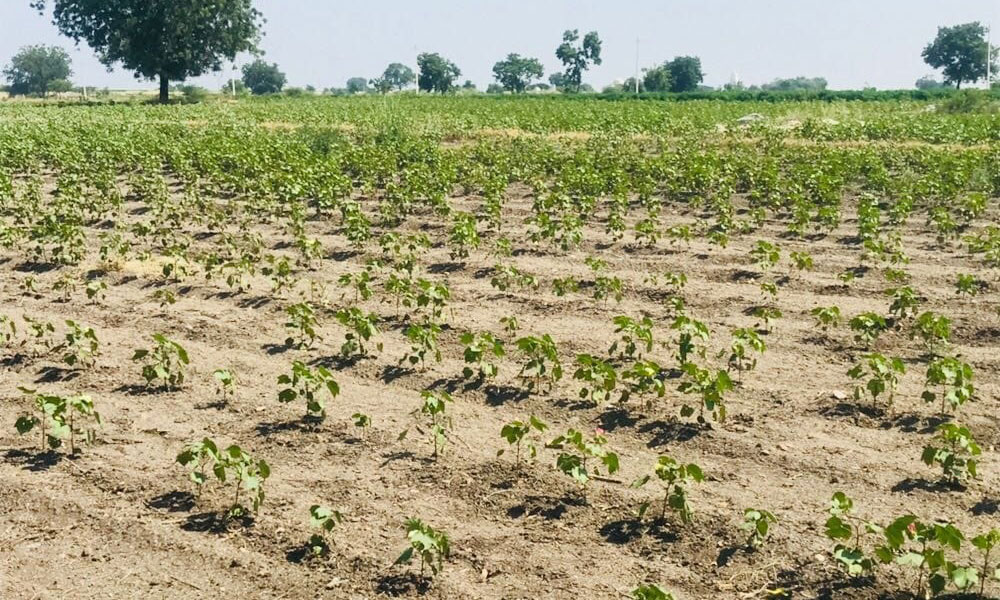One of the reasons behind farmers not using soil tests is the expenses involved in the process. They need alternatives.
By Praveena P.
Bangalore, April 9, 2019.
Farmers in Karnataka do not go for regular soil tests to check the quality of soil they use for cultivation. This affects their productivity in the long-run, even after just a few years.
It is said that the main reason behind farmers not employing soil tests is the lack of awareness. Farmers are not aware that there are soil tests that can be conducted in order to ensure the quality of soil that can be monitored and improved after examination. Once these soil tests are done, the results indicate whether the condition of a certain expanse of soil needs improvement or not.
It also indicates which macro-nutrient or micro-nutrient the soil is lacking. Some of the macro-nutrients in the soil required for agriculture are nitrogen, potassium, calcium, magnesium, sulphur, and phosphorus. The micro-nutrients include chlorine, iron, manganese, zinc, copper, boron, nickel, and molybdenum.
Based on these results, steps are supposed to be taken in regard to the kind of fertilizers used after the analysis.
Another reason for the lack of soil testing is the expenses involved in the process. Proper productive soil tests require a lot of money.
A N Yellappa Reddy, an environmentalist and conservator of forests, spoke about the plight of Indian farmers, as well as the effects of not having soil tests.
“Farmers are already struggling in India with the generation of money for seeds, farm equipment, fertilizers, and pesticides. They give up farming due to heavy losses and migrate to cities in search of jobs that offer daily wages. Amidst all of this, the few existing farmers try to cut down on other expenses, and soil tests aren’t their first priority.”
“When a piece of land is used for cultivation of the same crop over and over again, the nutrients which that crop requires are completely drained from the earth,” he said.
Soil test could help identify the level of fertility and productivity of the land, but since these are not affordable for farmers, environmentalists and farmers are looking for alternatives to save the condition of agriculture in India.
“In order to restore those nutrients, crop rotation is the remedy. This helps increase the fertility of soil,” Reddy stated.
Crop rotation refers to cultivation of alternate crops over different seasons. “If a farmer plants paddy over one season, he can plant leguminous crops like beans, peas, and clovers the next season. These leguminous crops restore the nitrogen content in the soil, which can then be used to cultivate crops like paddy again” he added.
Another solution offered by Reddy that was more difficult to implement was to bring back traditional methods of farming.
“Earlier, farmers didn’t use weedicides to kill weeds. They used these weeds to form compost for the soil. They didn’t use pesticides. They used natural methods of keeping away pests. Now, all these pesticides have not only made food poisonous, but they have also made pests more resistant towards these chemicals. This is why it has become more difficult to kill pests these days” he explained.



